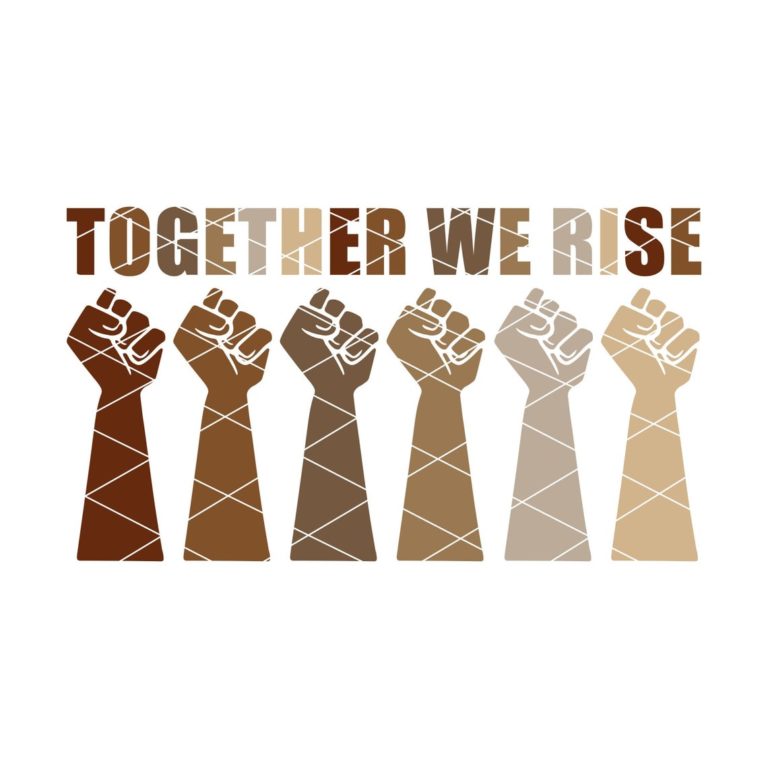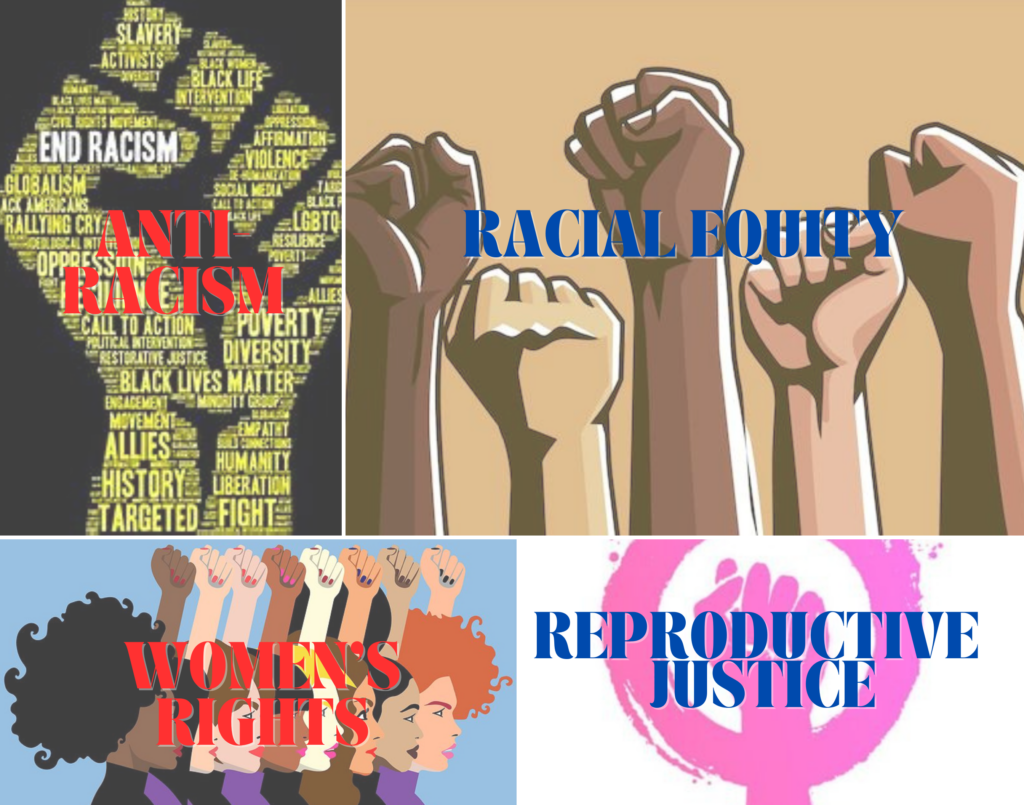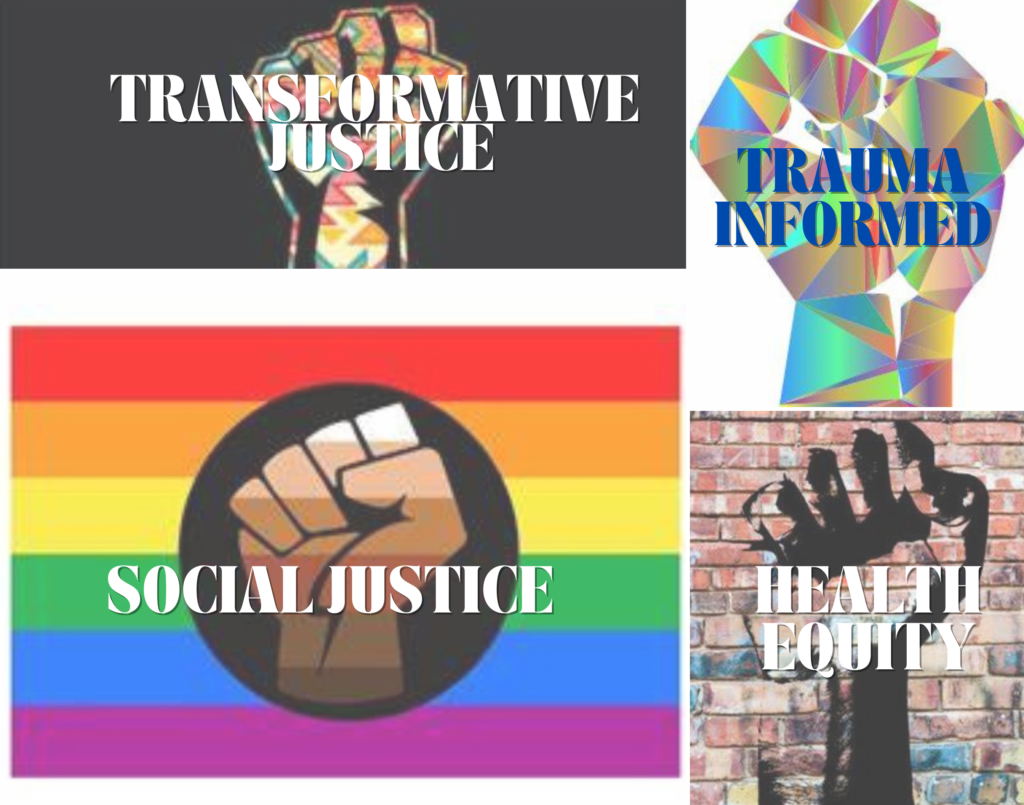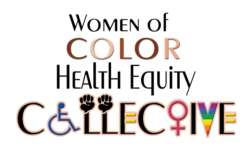Philosophy & Values
at the center
Cultural Humility
Cultural Humility is a philosophy that empowers individuals to effectively engage in interpersonal relationships that are dynamically diverse and mutually respectful. Unlike Cultural Competence, Cultural Humility is a life-long and ongoing process of self-reflection and self-critique in which individuals expand their capacity for learning, listening and understanding, regardless of their experiences with cultures other than their own. Incorporating cultural humility as part of one’s lifestyle empowers the individual to recognize and redress power-imbalances that exist within their immediate social and organizational structures.

values

LIBERATION
Liberation is like setting your mind free from the chains of restrictions or oppression. It isn’t just about breaking free; it’s also about fostering a world where everyone can experience the full spectrum of their humanity.
WE PRACTICE:
- Regularly reflecting on our beliefs, values, and limitations.
- Staying open to new ideas, experiences, and perspectives.
- Being willing to unlearn and relearn, allowing our minds to evolve.
- Speaking up against injustice and oppression.
- Creating an environment where diverse voices are heard and respected.
- Staying informed about social issues, historical contexts, and the experiences of different communities.

HUMANITY
Humanity is the collective expression of our shared human experience—the intricate tapestry woven with threads of empathy, diversity, resilience, and interconnectedness. It encompasses our capacity for kindness, understanding, and the continuous pursuit of progress.
WE PRACTICE:
- Actively seeking opportunities to be kind and considerate.
- Listening actively and approaching conversations with an open heart and mind.
- Embracing the richness that comes from different perspectives, experiences, and cultures.
- Standing up for the rights and well-being of others.
- Using our voices to advocate for social justice, equality, and humanitarian causes.
- Recognizing the inherent worth and dignity of each individual.

EQUITY
Equity is about fairness and justice in providing opportunities and resources. It involves recognizing and addressing the diverse needs of individuals, acknowledging historical and systemic disparities, and striving to ensure that everyone has access to the tools and support necessary to thrive.
WE PRACTICE:
- Recognizing our own privileges and how they may impact our perspectives and experiences.
- Staying informed about social issues, systemic inequalities, and historical contexts.
- Examining and challenging our own biases and prejudices.
- Supporting and advocating for policies that promote inclusivity, diversity, and equal opportunities in our community and workplace.
- Encouraging diverse representation in all areas of life, including media, leadership, and decision-making processes.
- Creating inclusive spaces where everyone feels valued and heard.
- Speaking up against discriminatory practices or policies.

EMPATHY
Empathy is the ability to understand and share the feelings of others. It’s like putting yourself in someone else’s shoes, not just intellectually grasping their emotions but also connecting with them on a deeper, emotional level. Empathy goes beyond sympathy; it’s a powerful force that fosters connection, compassion, and a sense of shared humanity.
WE PRACTICE:
- Paying close attention when others are speaking.
- Considering the feelings, experiences, and challenges of others, even if they differ from your own.
- Avoiding making quick judgments or assumptions about others.
- Showing genuine interest in others by asking questions about their experiences, feelings, and thoughts.
- Acknowledging and validating the emotions of others.
- Using empathetic language to communicate your understanding.
- Being there for others in times of need.
- Taking time to reflect on your own emotions and experiences.

HUMILITY
Humility involves a genuine acknowledgment of one’s strengths and weaknesses without arrogance or excessive pride. A humble person is not afraid to admit when they don’t know something, and they approach others with respect and an eagerness to understand. We practice:
WE PRACTICE:
- Embracing the fact that everyone makes mistakes.
- Inviting constructive feedback from others.
- Cultivating a mindset that appreciates the accomplishments of others without feeling threatened.
- Regularly expressing gratitude for the people and opportunities in our lives.
- Truly listening to others without interrupting or trying to dominate the conversation.
- Acknowledging that there is always more to learn and being open to acquiring new knowledge and skills.
- Acknowledging the contributions of others and avoiding taking undue credit for myself.
- Admitting when we don’t know something.
- Engaging in acts of service without seeking recognition.
- Remembering that everyone has strengths and weaknesses. No one is perfect.

ACCOUNTABILITY
Accountability is the responsibility and answerability for one’s actions, decisions, and outcomes. It involves being aware of the impact of your choices on yourself and others, and being willing to accept the consequences, whether positive or negative. In essence, accountability is a commitment to transparency and integrity, holding oneself to a standard of behavior and taking ownership of the results that follow. We practice:
WE PRACTICE:
- Regularly reflecting on our actions and decisions.
- Admitting when we make a mistake, without making excuses.
- Viewing challenges and setbacks as opportunities for growth.
- Being transparent and communicating openly with others.
- Offering sincere apologies, when our actions have harmed someone.
- Taking concrete actions to make amends for any harm caused.
- Honoring our commitments and promises.
- Regularly revisiting your values and priorities.

TRANSPARENCY
Transparency refers to the practice of openness, honesty, and the clear communication of information. In both individual and organizational contexts, transparency involves sharing relevant details, decisions, and processes openly, thereby fostering trust, accountability, and a sense of integrity.
WE PRACTICE:
- Encouraging feedback and creating channels for people to express their thoughts without fear of reprisal.
- Sharing relevant information proactively, instead of waiting to be asked
- Expressing a willingness to seek additional information or input, when we do not have the answers.
- Taking responsibility for errors and demonstrating a commitment to learning from them.
- Clearly communicating expectations in both personal and professional relationships.
- Providing context to help others understand the bigger picture when sharing information
- Aiming for clarity and using language that is easily understandable to a diverse audience.
- Leading by example.

COMMUNITY PARTICIPATORY
Community participatory refers to the active and inclusive engagement of community members in decision-making processes, problem-solving, and activities that affect the collective well-being. It emphasizes collaboration, shared responsibility, and the belief that diverse voices and perspectives contribute to a stronger and more vibrant community.
WE PRACTICE:
- Paying attention to the needs, concerns, and ideas of community members.
- Providing opportunities to connect with other members of the community to share ideas, and contribute to conversations.
- Offering our time and skills to community projects and initiatives.
- Contributing to the local economy by supporting small businesses.
- Advocating for inclusivity and diversity in community activities.
- Working collaboratively with others on community projects and organizations.
- Staying informed about local issues, policies, and events.
- Fostering a sense of community by building social connections.
- Organizing social events, gatherings, or community activities to strengthen the social fabric.

INTENTIONALITY
Intentionality refers to the conscious and purposeful approach to one’s thoughts, actions, and decisions. It involves making choices with clear goals and a thoughtful consideration of the impact those choices may have. Being intentional means actively shaping the direction of your life, work, or relationships rather than letting circumstances dictate the course.
WE PRACTICE:
- Identify and clarify your core values.
- stay focused on what you want to achieve.
- Allocate your time and energy to activities that align with your goals and values.
- Regularly assess your progress, reassess your goals, and adjust your actions as needed.
- Before making decisions, consider the potential consequences and how they align with your goals.
- Ensure that your actions align with your values.
- Be willing to adjust your plans as circumstances change and as you gain new insights.
- Recognize and concentrate on the activities and relationships that bring the most meaning and fulfillment to your life.
- Cultivate a habit of gratitude.
principles
Our values are closely aligned with the principles of the following frameworks and movements.



